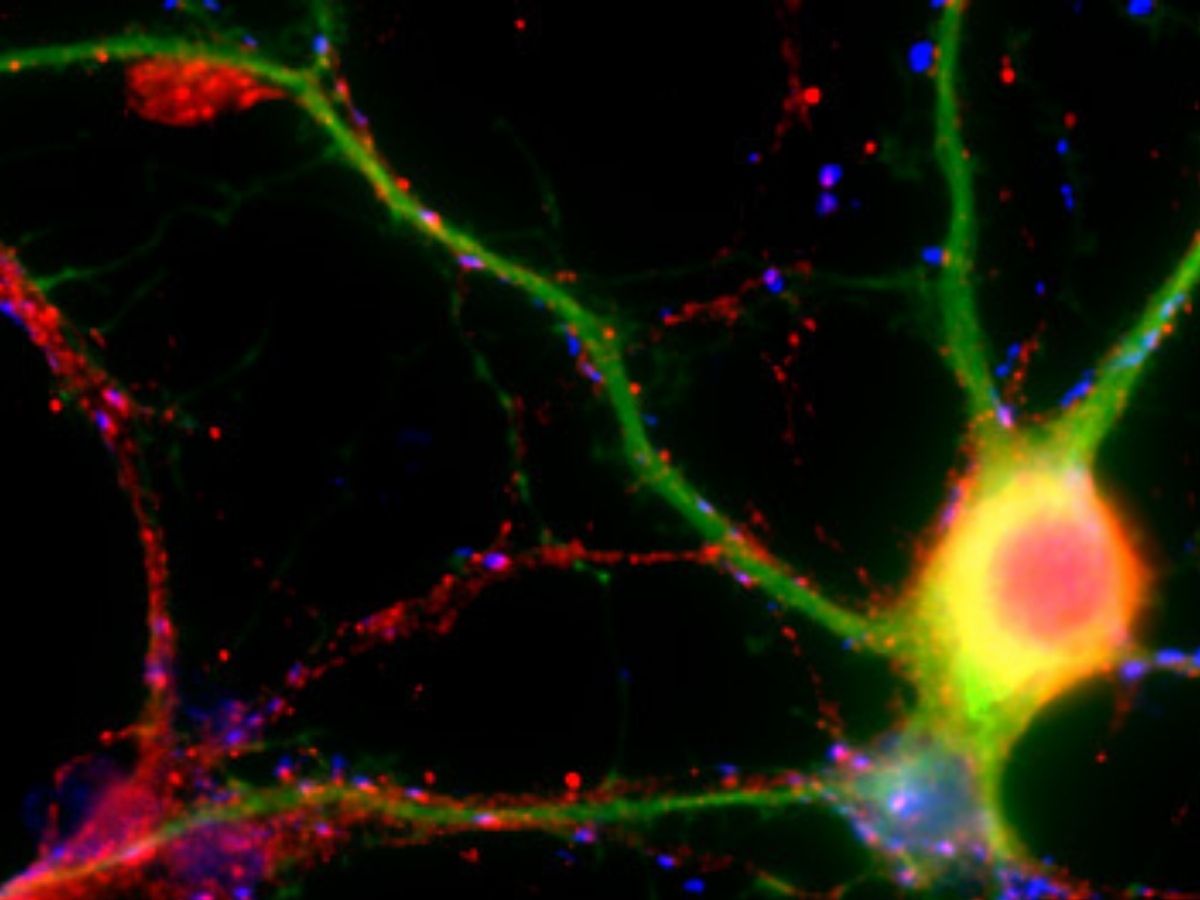Andrea Barberis will lead a research project on epilepsy of genetic origin.
On the occasion of the World Day for Rare Genetic Diseases on 28 February, the Telethon Foundation announced the winners of the 2020 call for projects, who included IIT researcher Andrea Barberis, the only person in Liguria to have received such an award, obtaining funds amounting to 157,000 euro. Throughout Italy, Telethon has funded 45 projects, for a total of over 10 million euro, with the aim of providing, as Francesca Pasinelli, director general of Fondazione Telethon, said, “concrete support for the finest Italian research projects to develop new therapeutic strategies and provide tangible answers to patients and their families”.
With his research group, Andrea Barberis will study potential innovative non-coding RNA-based therapies for a broad spectrum of epilepsies of genetic origin, namely those associated with mutations in the GABRA1 gene. A mutation in the GABRA1 gene causes a malfunction of GABA, a brain receptor involved in the inhibition of certain nerve signals, resulting in the loss of inhibitory signals, which leads to epileptic episodes. We talked to him to find out more about his research.
What does Telethon funding mean for you?
It means a lot. Working with Telethon funds is always something very special. In addition, this funding underlines the importance of basic research in the development of new therapeutic strategies.
How does the project with Telethon fit in with the research that you already perform at IIT?
My research group studies the fundamental mechanisms of the functioning of GABAergic synapses and their role in the neuronal network. Therefore, an obvious application of my research is to use basic knowledge to understand how inhibitory GABAergic synaptic malfunction can cause some forms of epilepsy and, more importantly, how correct neuronal inhibition can be restored. In order to achieve this, it will be important to combine my direction of research in biophysics and synaptic physiology with that of Stefano Gustincich, at IIT, who develops biomolecular RNA tools to increase the expression of specific proteins, and with research by Federico Zara, at the Gaslini Hospital in Genoa, an expert in childhood epilepsy and stem cells.
What does your study mean for people suffering from this disease?
This is a preclinical study, which aims at studying the efficacy of restoring GABAA inhibitory receptors in ‘switching off’ epileptic attacks. If this phase is promising, it will be possible to think about developing treatments for patients who have epilepsies caused by a mutation in the GABRA1 gene that codes for the GABAA inhibitory receptor. Therefore, although caution is mandatory, the hope of developing a treatment to help those affected by GABRA1-dependent epilepsies over the next few years must remain alive.






